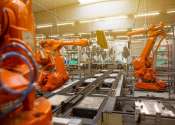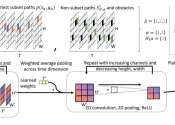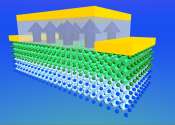Researchers develop rapid safety check method that ensures a robot will avoid collisions
Before a robot can grab dishes off a shelf to set the table, it must ensure its gripper and arm won't crash into anything and potentially shatter the fine china. As part of its motion planning process, a robot typically runs ...
Mar 7, 2024
0
47









